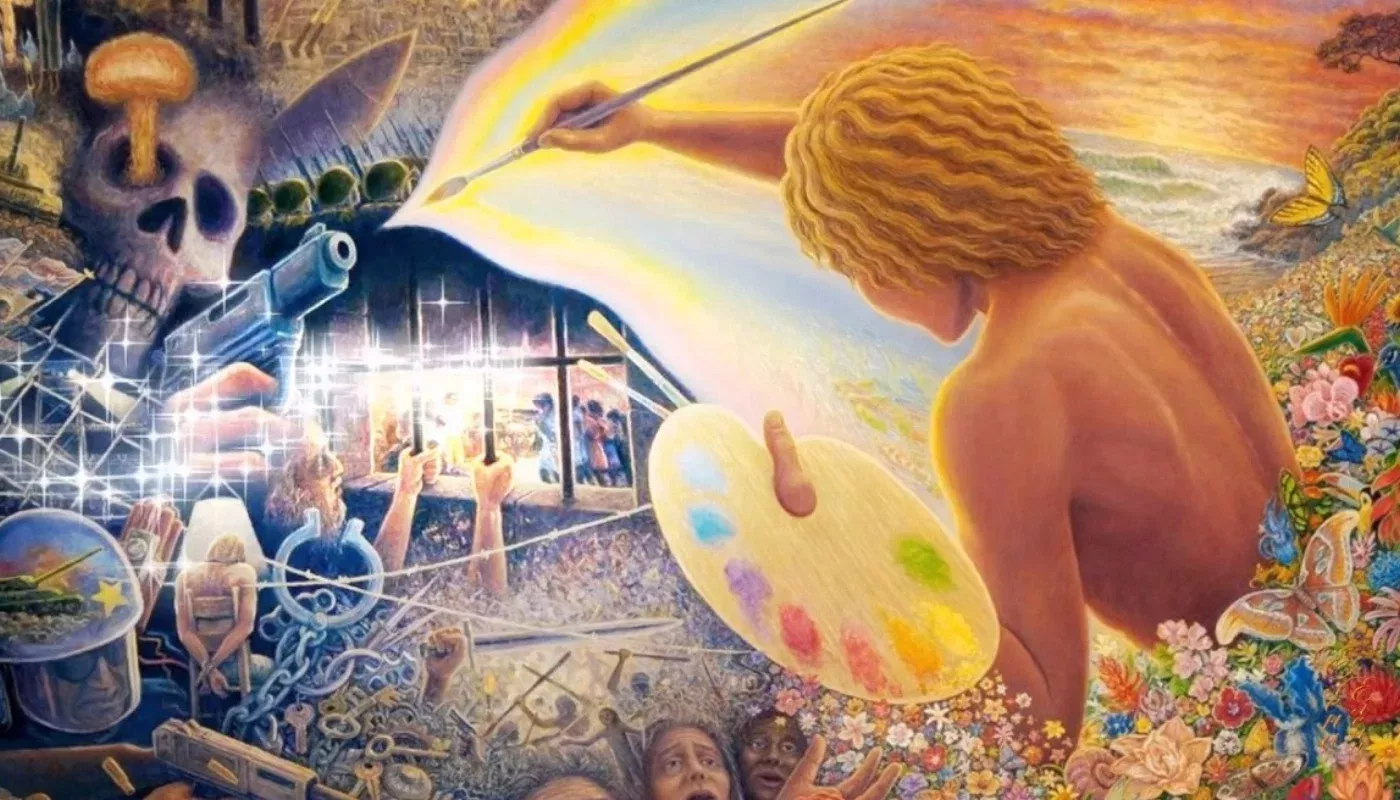
The dual power of human thought – creation and destruction – has always played an important role in the development of society. Since ancient times, our people have had "creators from nothing" – those endowed with limitless imagination and creativity. Every item, every task, every idea that came into their hands had its own unique aesthetic and functional significance.
The most important aspect of their life activities was the pursuit of maximizing benefits from limited resources, creating innovations and enjoyable things within the confines of limited possibilities. For example, preparing delicious new dishes from existing products at home, beautifying the living space by repurposing old, useless, and expired items, building beautiful homes from stone, brick, and earth – all of these are the fruits of the creative potential and economic thinking of "creators from nothing." Through their labor and creativity, they not only created material wealth but also provided spiritual satisfaction to their family members. Such individuals have earned respect in society and are held in high esteem.
However, a new category has emerged in modern society – "destroyers of what exists." The increase in prosperity and material wealth during the current era of abundance has led many to extravagance, carelessness, and indifference towards material wealth.
For "destroyers of what exists," the main focus is solely on consumption, replacing old items with new ones, and indulging in the pleasures of the present day. They are not interested in recycling old items, frugality, or creation. They are primarily consumers of what others have created; on one hand, such a category is necessary for the smooth functioning of the economic wheel of society.
In their psychological portrait, instead of frugality and rational action, a high level of desire and blind consumerism prevails. As a result, material wealth is rapidly consumed, the amount of waste continues to increase, and most regrettably, ecological balance is disrupted.
When researching the psychological aspects of individuals in this category, it is crucial to pay attention to their irresponsibility, carelessness, and indifference towards the future. In fact, both categories are necessary for societal development; if we were to label one as good and the other as bad, it would not be an objective assessment.
In comparing the two categories, the following psychological aspects can be observed. "Creators from nothing" tend to strive for creation, are inclined to solve problems, and possess high economic thinking, while "destroyers of what exists" show little frugality, have low levels of satisfaction, and exhibit a constant desire for new things along with indifference towards the old.
The psychological differences between these two categories are primarily evident in the nature of their needs, sense of responsibility, and attitudes towards the future.
I did not write that both categories are important for the stable development of society without reason. The creativity and frugality of "creators from nothing" contribute to societal development, while the consumption promoted by "destroyers of what exists" adds to the rapid turnover of the market economy.
So, what is the problem, you ask?!
I believe the problem lies in the increasing number of the second category and the decreasing number of the first category. Of course, I do not have any specific statistical figures or scientifically substantiated foundations for this. This is my conclusion based on my observations.
Therefore, it is essential to pay special attention to fostering frugality, striving for creation, and instilling a sense of responsibility in the educational process. With such an approach, we can achieve economic stability in society, maintain an ecologically clean environment, and promote development.
Madina Miytan, psychologist